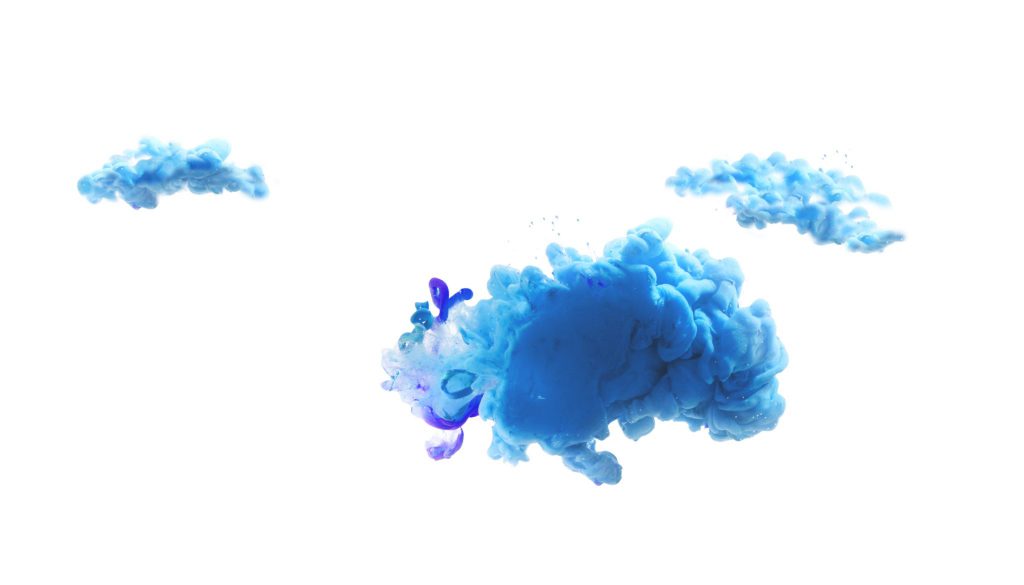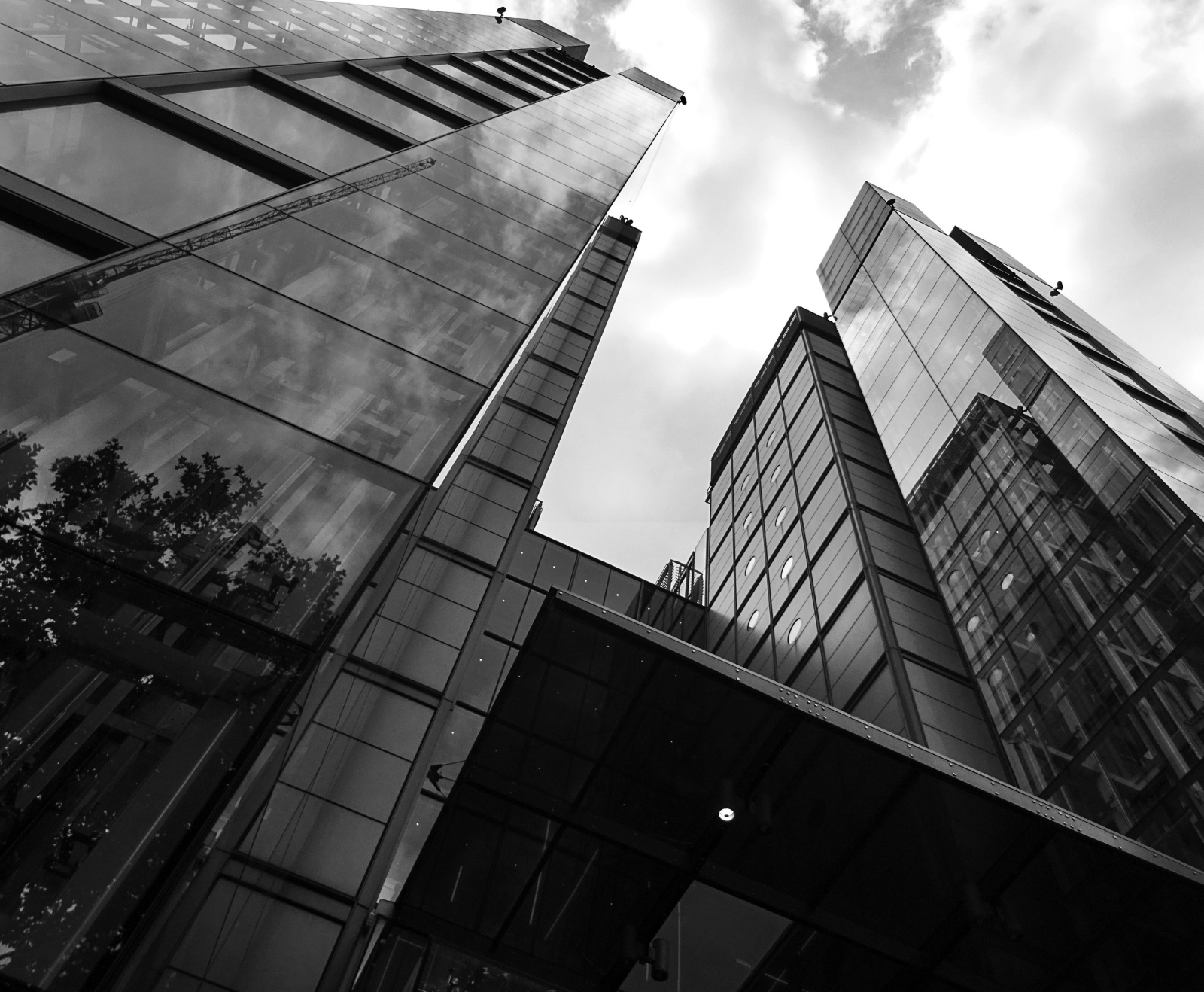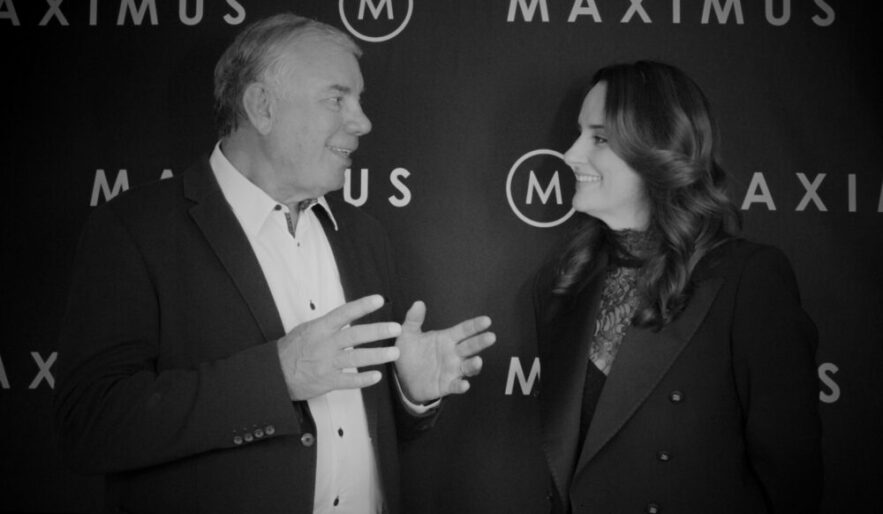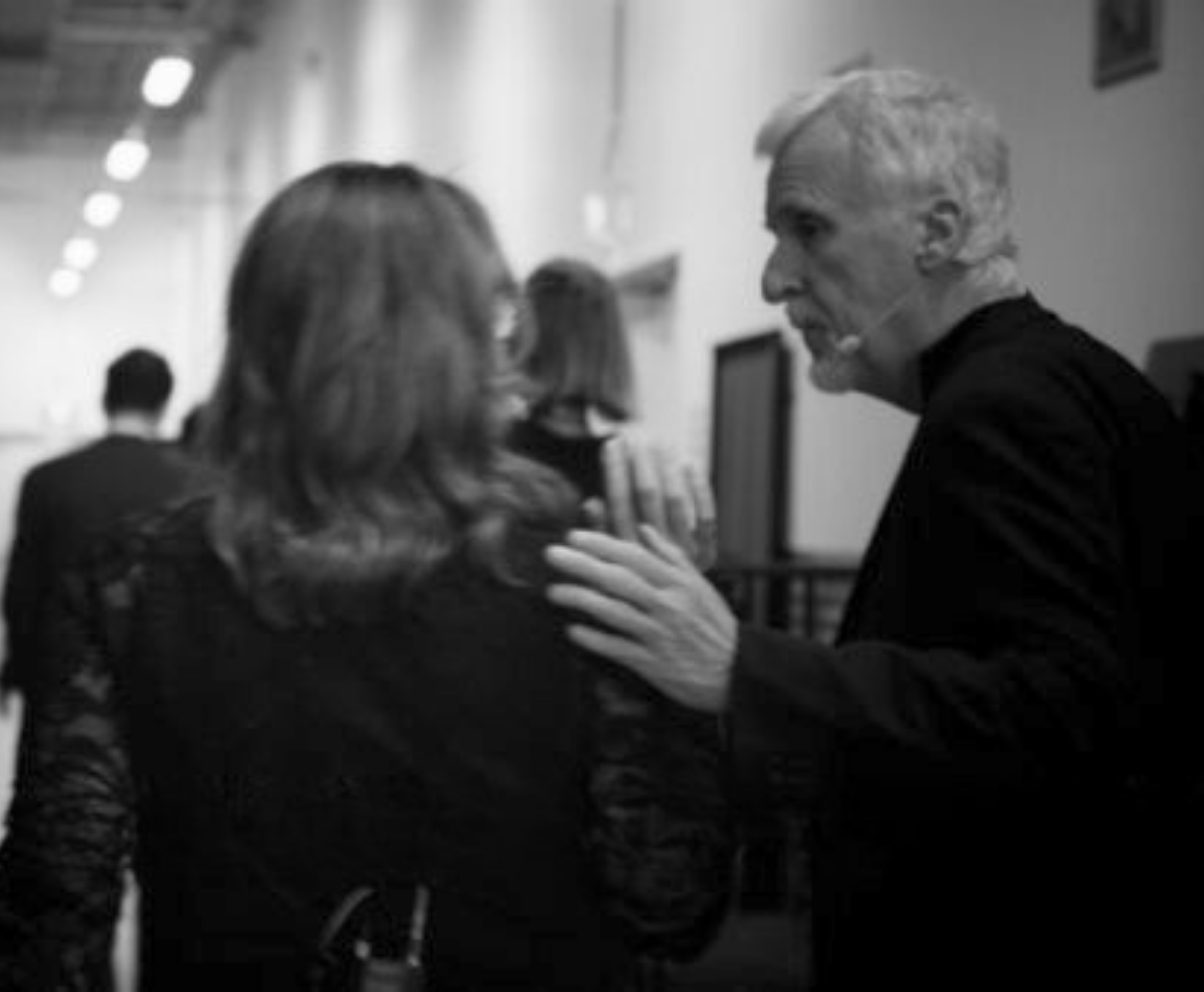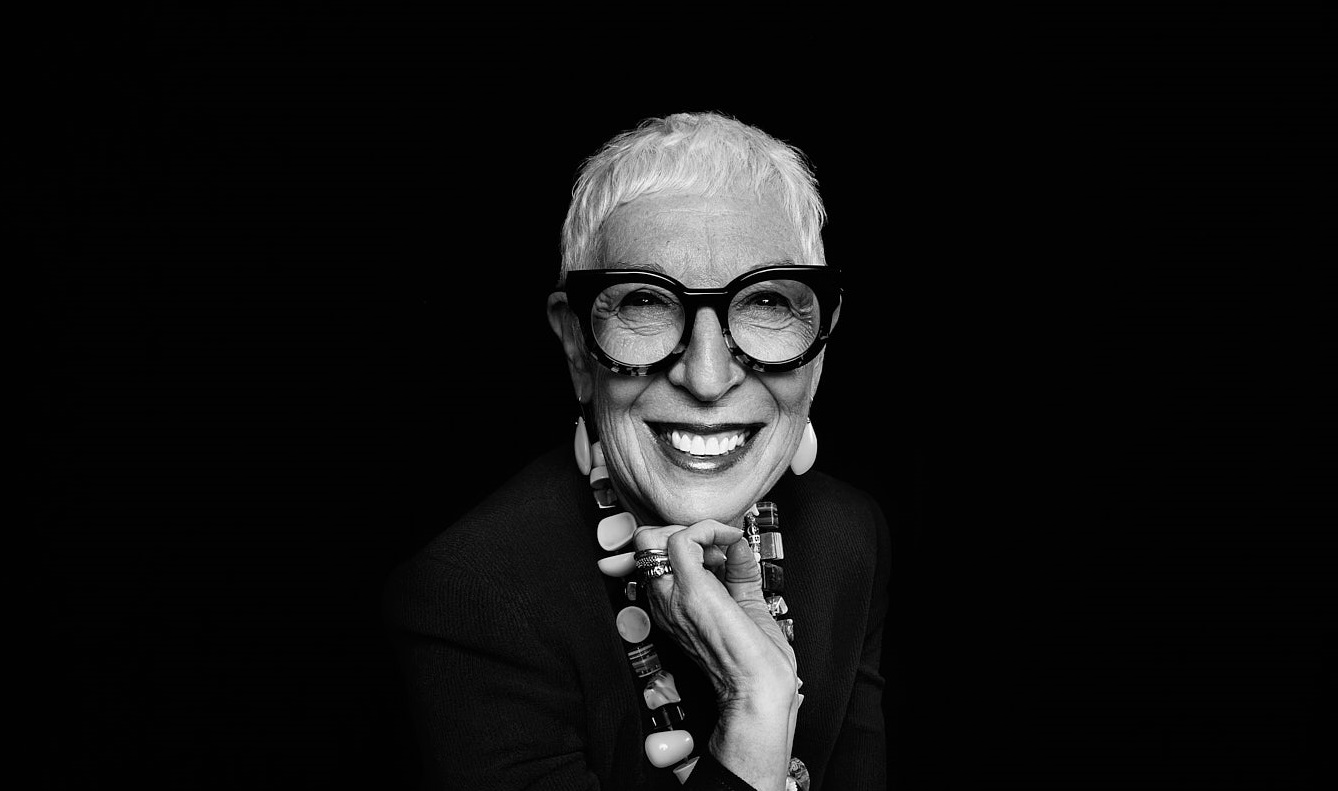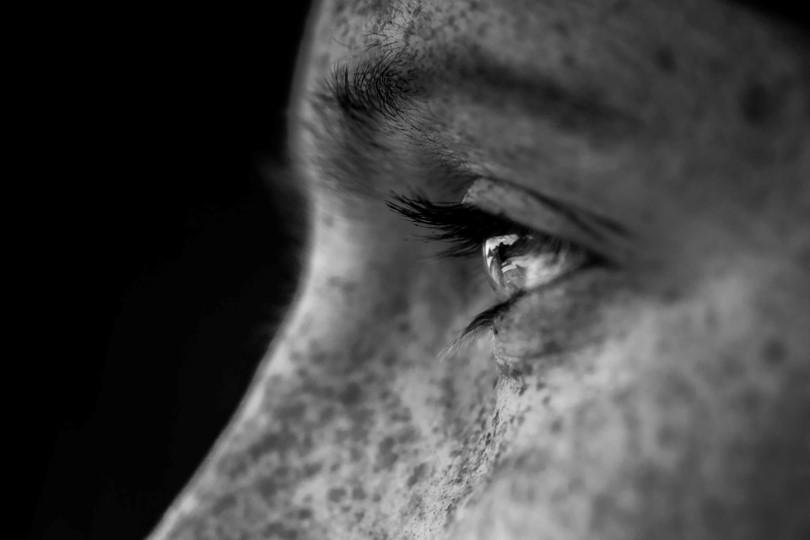Tesla CEO Elon Musk’s revelation, in a startling interview in The New York Times in 2018, that he was working 120-hour weeks offered a clue into his erratic behaviour.
He’d made headlines for a combative conference call where he dismissed analysts’ “boring, bonehead” questions, before calling a Thai cave rescue volunteer a paedophile on Twitter.
The tearful Times interview prompted a letter from Thrive Global CEO Arianna Huffington, imploring the visionary to take better care of himself. Huffington knew well the perils of inadequate sleep. In 2007 she worked to exhaustion, collapsing and suffering a broken cheekbone.
But you don’t have to work Musk-like hours to put your health, performance and teams at risk. If you’re sleeping less than seven hours a night, you’re not only stifling organisational growth, you’re harming your body and mental wellbeing, too.
WHY YOU SHOULD SLEEP ON IT
Consider the leadership traits you value most – creativity, efficiency and focus, for example. “All are ruthlessly dismantled by insufficient sleep,” says Matthew Walker, director of the Center for Human Sleep Science, University of California, writing for The Guardian. The neuroscience and psychology professor, whose bestseller Why We Sleep details the “global sleep-loss epidemic”, says your brain’s prefrontal cortex shuts down after inadequate sleep. This matters because it acts like your brain’s CEO, ruling rational thinking, decision-making and problem-solving. Walker’s studies reveal that after poor sleep people “generate fewer and less accurate solutions to problems”, while other studies show uninterrupted deep sleep is key to maximising learning, retention and creativity.
In fact, if you’ve been awake for 17 hours, your performance is reportedly equivalent to having a blood-alcohol level of 0.05 per cent. It’s why Amazon’s Jeff Bezos, who religiously sleeps eight hours, only makes important decisions in the morning, according to Professor Peter Eastwood, Director of the Centre for Sleep Science, University of Western Australia.
“Your job’s not so much about quantity, but quality of decision-making,” Eastwood says. “You’re expected to make a handful of really good decisions over the course of the day, not lots, and to do that you need to be well-rested and mentally functioning optimally.”
SLEEP AND YOUR TEAMS
Equally pertinent to leaders, inadequate sleep has an affect on relationships. One of the principal barriers to effective people leadership that we see at Maximus is emotional engagement, and without adequate rest this problem is compounded. “Obviously, lack of sleep affects emotional intelligence – being able to read people and to pick up on those all-important emotional cues,” explains Ashley Monckton, Psychologist and Associate Director at Maximus. “Based on our research, the knock-on effect on overall team performance and turnover is all too evident.”
Indeed, Walker – who cites a study where employees found supervisors were “less charismatic, having worse self-control, and being more abusive to others” on days their leaders were under-slept – likens sleep deprivation to a virus, infecting a business from the top down.
[FACT]
Inadequate sleep cost Australia’s economy a massive $66 billion in 2016/2017.
– 2017 Deloitte Access Economics Report
LIFTING THE VEIL
If you think you’re operating fine on sub-seven hours, think again. Eastwood says humans are excellent at adapting to operating in less-than-optimal states. “People come through our clinic with sleep apnoea, and when you ask them whether they’re sleepy during the day, they say ‘not too bad’, ” he explains. “But when you treat them, they’ll often describe it as this grey veil lifting in front of their eyes. They see the world differently, they’re thinking differently and behaving differently because their bodies were acclimatised to their previous condition, which was constant sleepiness.”
Eastwood says eschewing screens and ensuring you’re in a dark, cool and quiet environment in the lead-up to sleep, and establishing a nightly routine are key ways to sleep more. But in a world where long hours are often badges of honour, a total mindset shift might also be required.
“Even if you are part of the miniscule percentage of people that can genetically cope on less sleep, statistics show your people are not. Their psychological and physical wellbeing are, at the very least, partly your responsibility, so you need to role-model positive behaviours. If, for instance, you send and they receive an email at 10pm, what’s the message there? We need a more balanced, smarter and healthier way of working, to look at life holistically, take care of ourselves first and embrace our responsibility to model those healthy behaviours for those we lead. That flows on to the culture in our organisations,” he notes.
THE TIME IS NOW
Making a commitment to prioritise sleep won’t just result in happier and more productive people – your health and bottom line will also thank you. Walker describes sleep as “the greatest competitive advantage any business could dream of,” which is backed by a 2017 Deloitte Access Economics report that found inadequate sleep cost Australia’s economy a massive $66 billion in 2016/2017. His mantra, “the shorter your sleep, the shorter your life”, is his most sobering, however, with poor sleep being a major predictor of “all-cause mortality”, including cancer, Alzheimer’s and heart disease. Consider this your wake-up call.
This article was originally published in the 3rd edition of M Magazine, an exclusive print magazine aimed at inspiring and driving change through Australia’s executives and heads of HR.

